BACKGROUND
The Federal Government of Nigeria (FGN) in partnership with the African Development Bank (AfDB), the International Fund for Agricultural Development (IFAD)and the Islamic Development
Bank (IsDB) is implementing a seven year a Special Agro Industrial Processing Zone (SAPZ) Project in seven (7) states namely: Kano and Ogun (currently), Imo, Kaduna, Cross River, Kwara, Oyo and Ogun) and Federal Capital Territory (FCT) in the first phase. SAPZ, a comprehensive agro-industrialization Project is designed as a tool for creating integrated, agricultural-focused platforms that will accelerate private sector investment in value added agro- processing to unlock opportunities for improved food security, job creation, import substitution, rural poverty reduction and increased contribution of agriculture to national GDP.
The overall Project Development Objective is to support the development in high food production areas to supply domestic food market and create exportable surpluses as well as capacitate smallholder farmers, small agro – processors and traders and community-based service providers including women and youth, to take advantage of the market demand created by SAPZ to sustainably enhance their income, household food security and resilience to climate change. The Program has four broad components namely: (i) Infrastructure Development and Management of Agro- Industrial Hubs (AIHs) (ii) Agricultural Productivity, Production, Market Linkages and Value Addition in SAPZ Catchment Areas (iii) Policy & Institutional Development Support and (iv) Program Coordination and Management. SAPZ Project aligns with Federal Government Agriculture Policies and Strategies to turn the country’s huge food deficit into a market and employment opportunity for smallholder farmers.
For years, the IFAD programme in Nigeria has been financing projects that seek to develop value chains with the specific aim of improving smallholder incomes, well-being, and food security. In addition, it has up-scaled to make its value chain projects ‘nutrition-sensitive’ through partnerships and learning with governments and other donors. To leverage effectively and efficiently for sustainability, IFAD funded projects of CASP, VCDP, LIFE-ND best practices will pave way for SAPZ to gain lessons, knowledge, skills and practicies for nutrition education, awareness creation and advocacy include VCDP, CASP, LIFE-ND core outcome indicators, nutritional key messages, case studies, best practices documentaries, Application of Smart technology in Food demonstrations preparations, visual learning aids among others.
Please, kindly download the complete Terms of Reference:

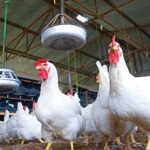
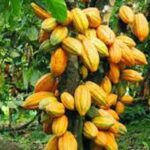
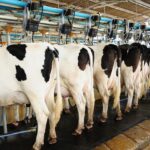
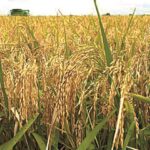
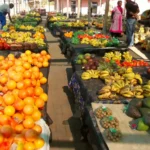
Recent Comments